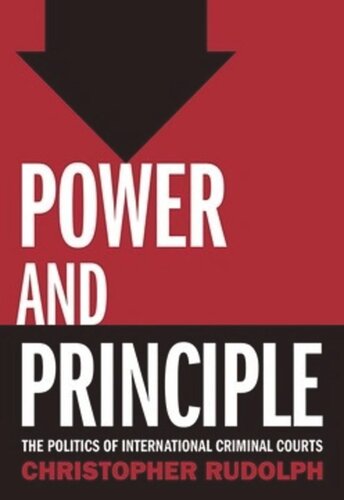

Most ebook files are in PDF format, so you can easily read them using various software such as Foxit Reader or directly on the Google Chrome browser.
Some ebook files are released by publishers in other formats such as .awz, .mobi, .epub, .fb2, etc. You may need to install specific software to read these formats on mobile/PC, such as Calibre.
Please read the tutorial at this link: https://ebookbell.com/faq
We offer FREE conversion to the popular formats you request; however, this may take some time. Therefore, right after payment, please email us, and we will try to provide the service as quickly as possible.
For some exceptional file formats or broken links (if any), please refrain from opening any disputes. Instead, email us first, and we will try to assist within a maximum of 6 hours.
EbookBell Team

4.1
50 reviewsOn August 21, 2013, chemical weapons were unleashed on the civilian population in Syria, killing another 1,400 people in a civil war that had already claimed the lives of more than 140,000. As is all too often the case, the innocent found themselves victims of a violent struggle for political power. Such events are why human rights activists have long pressed for institutions such as the International Criminal Court (ICC) to investigate and prosecute some of the world's most severe crimes: genocide, war crimes, and crimes against humanity.While proponents extol the creation of the ICC as a transformative victory for principles of international humanitarian law, critics have often characterized it as either irrelevant or dangerous in a world dominated by power politics. Christopher Rudolph argues in Power and Principle that both perspectives are extreme. In contrast to prevailing scholarship, he shows how the interplay between power politics and international humanitarian law have shaped the institutional development of international criminal courts from Nuremberg to the ICC. Rudolph identifies the factors that drove the creation of international criminal courts, explains the politics behind their institutional design, and investigates the behavior of the ICC. Through the development and empirical testing of several theoretical frameworks, Power and Principle helps us better understand the factors that resulted in the emergence of international criminal courts and helps us determine the broader implications of their presence in society.